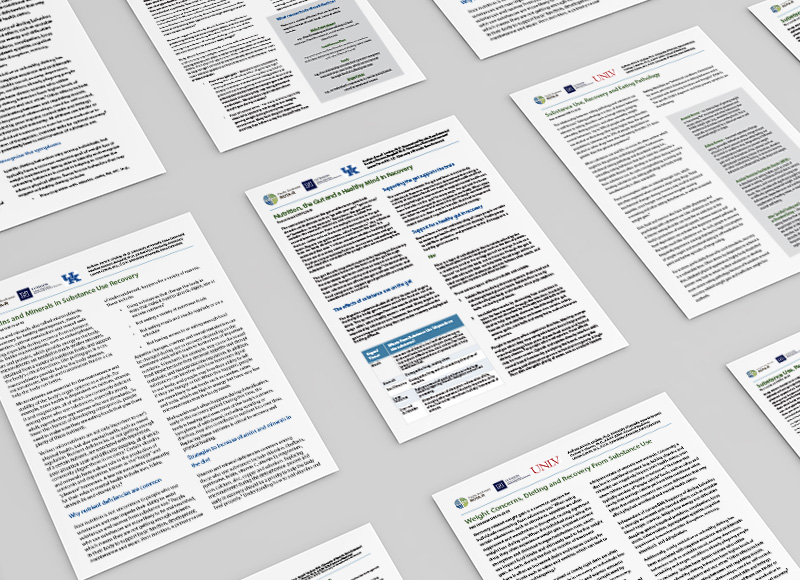Guam’s 5th Annual Behavioral Health and Addictions Virtual Conference
SAVE THE DATE: The Guam Behavioral Health and Wellness Center and Pacific Southwest Addiction Technology Transfer Center cordially invite you to save the date for Guam’s 5th Annual Behavioral Health and Addictions Virtual Conference.
Guam’s 5th Annual Behavioral Health and Addictions Virtual Conference Read More »




